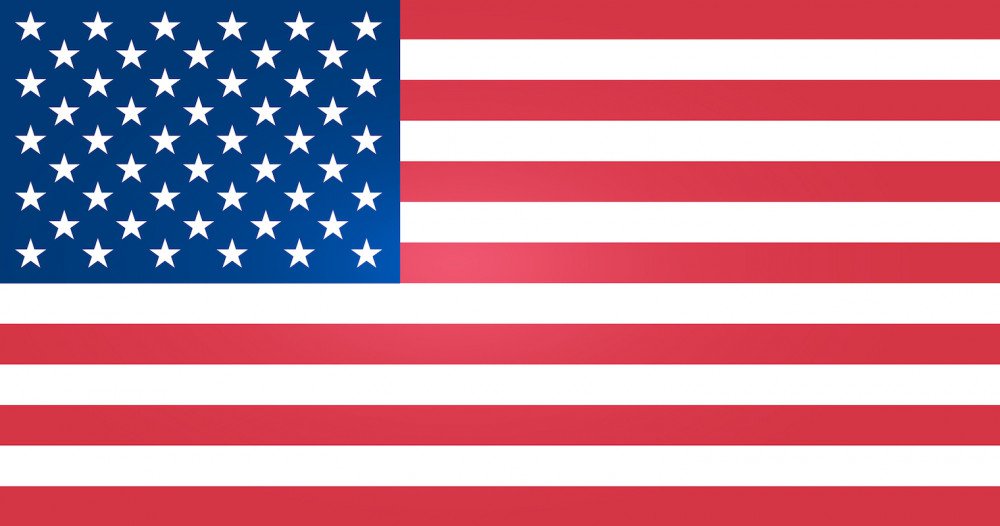US Residency and Foreign Earned Income Exclusion
- Authors
-
-

- Name
- Patrick Maflin
-

This article will look closely at how you can claim the Foreign Earned Income Exclusion (FEIE) within the US as a seafarer. The main tests which determines if a US Citizen or resident alien qualifies for FEIE are the Bona Fide Residency Test (BFRT) and Physical Presence Test(PPT). The FEIE states that if you are a Bona Fide resident of a foreign country or countries for an uninterrupted period that includes an entire tax year, then you are excluded from paying tax on any foreign income. However, passing the BFRT isn’t always as simple as living in a foreign country for 1 year.
The Bona Fide Residency Test only applies to US Citizens and any US Resident aliens who are a citizen or national of a country with which the US has an income tax treaty in effect. Whether a foreign residence classes as bona fide depends on the permanence of your stay and the nature of your stay. For instance, if you rent/buy a home in a foreign country with the intent to stay there for an extended or indefinite period, you will not pay tax on any foreign earned income during that period. Once you have a Bona Fide Residence, you may still visit the US without losing your bona fide status; the trip must have a clear intention of returning to your bona fide residence within a reasonable time period.
An alternate way to qualify for the FEIE is to meet the Physical Presence Test, which states that you must be present in a foreign country or countries for 330 full days during a 12-month period. The 330 days do not have to be consecutive. Like the BFRT, this test applies to both US Citizens and US Resident Aliens. The 330 days can be spent for any reason, including vacation. If illness, family problems, vacation or employers orders cause you to be present for less than the required time, you will not meet the BFRT. However, if you leave a foreign country for reasons of war, civil unrest or similar adverse conditions the time requirement may be waived. This only applies if you can prove you could be reasonably expected to meet the BFRT if not for the adverse conditions.
If you qualify for the FEIE, you could exclude up to $101,300 (as of 2016) of your foreign income from tax liability. To claim the FEIE, you must apply to the IRS for it, you will not automatically earn it. In addition to the FEIE, you can also claim foreign housing exclusion or deductions under either of the tests. The system for calculating your housing deduction is more complex than FEIE and is based on your total housing expenses.
If you wish to see if you are eligible for the FEIE, please use our online tool on the link below:
https://marineaccounts.com/feie.php
You can also contact us the link below if you require further advice:
Any advice in this publication is not intended or written by Marine Accounts to be used by a client or entity for the purpose of (i) avoiding penalties that may be imposed on any taxpayer or (ii) promoting, marketing or recommending to another party matters herein.


